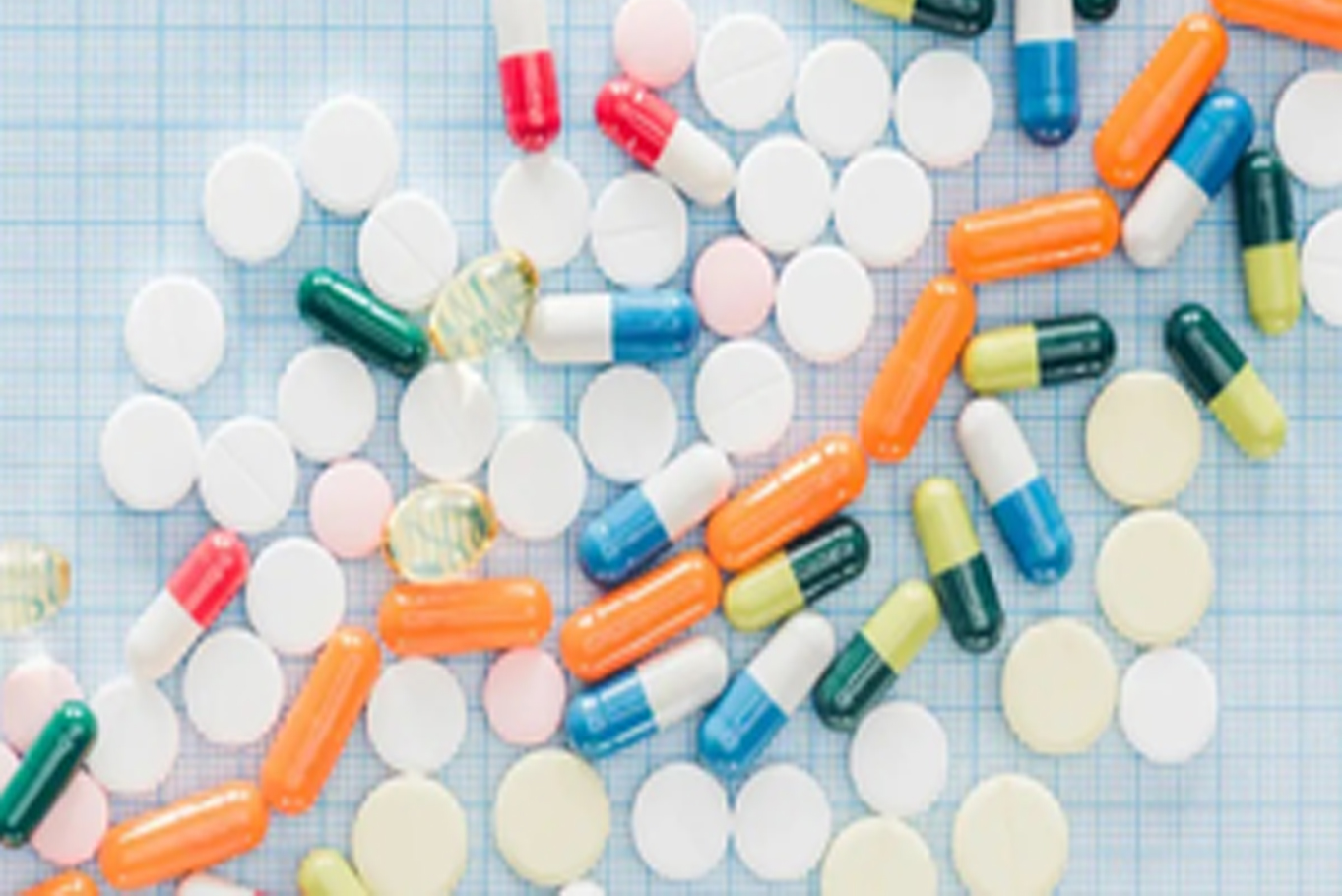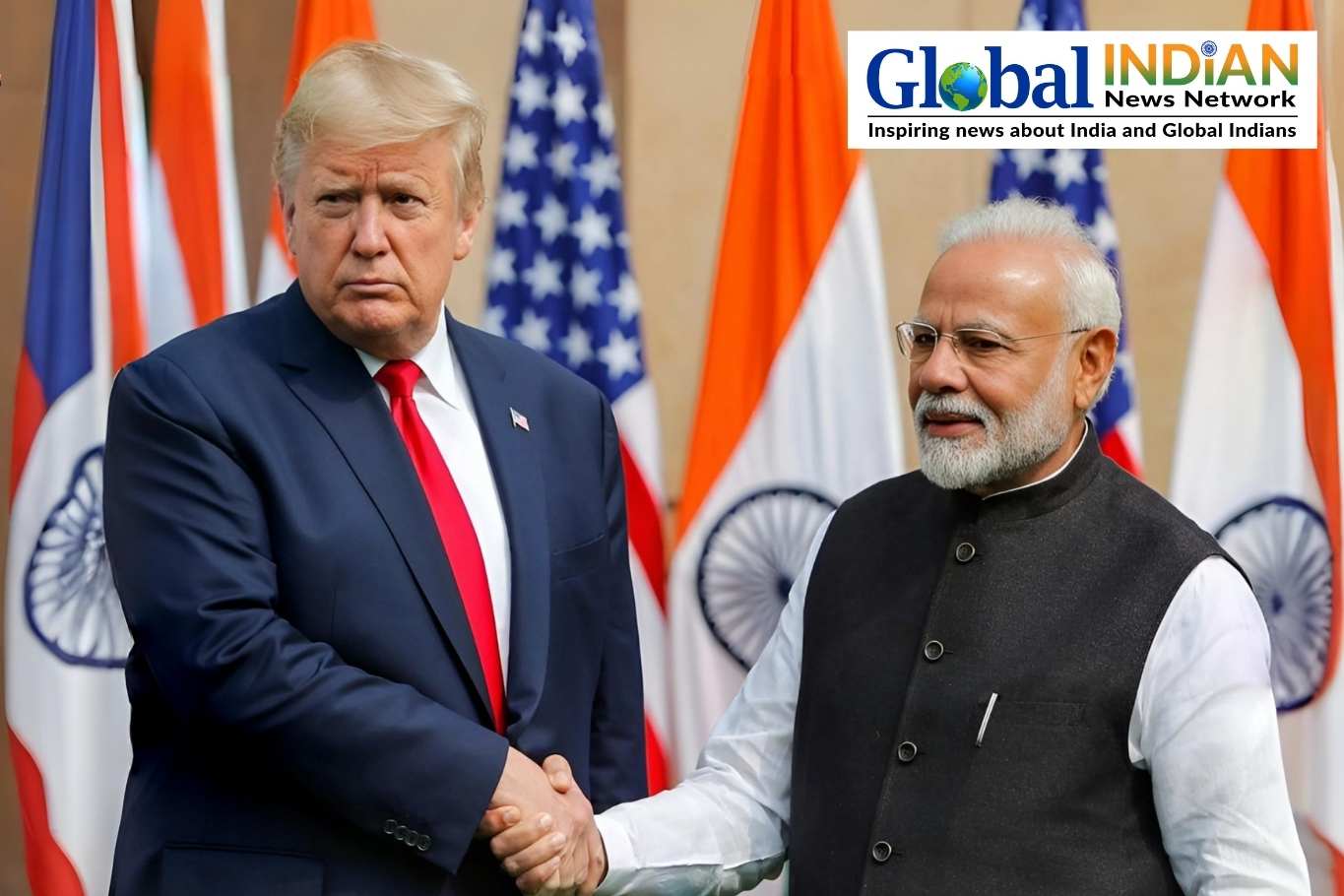
Industry experts on Thursday welcomed the decision to exempt Indian pharmaceutical exports from the US reciprocal tariffs announced by President Donald Trump. At the same time, they emphasized the need to bolster domestic manufacturing to ensure a resilient supply chain.
The exemption, they noted, underscores the crucial role of Indian pharmaceutical products, particularly cost-effective and life-saving generic medicines, in the global healthcare ecosystem. They pointed out that these medicines play a vital role in reducing healthcare costs in the United States, which already has one of the most expensive healthcare systems in the world.
A White House factsheet released on Wednesday, following Trump’s announcement of a 26 percent reciprocal tariff on Indian imports, confirmed that pharmaceuticals would not be subject to these duties. The exclusion of pharmaceutical products was viewed as a recognition of their indispensable contribution to the US healthcare sector.
India’s Pivotal Role in Global Healthcare
“India and the US share a strong and evolving trade relationship, with a common goal of doubling bilateral trade to $500 billion under the Mission 500 initiative. Pharmaceuticals are a cornerstone of this collaboration, as India ensures a steady supply of affordable medicines to the US healthcare market,” stated Sudarshan Jain, Secretary General of the Indian Pharmaceutical Alliance (IPA).
He further emphasized that the exemption of pharmaceuticals from the tariff imposition highlights their significance in public health, economic stability, and national security.
India is the largest supplier of generic drugs to the United States, with pharmaceutical exports valued at $8.73 billion during the 2024 fiscal year, according to data from the India Brand Equity Foundation (IBEF). The US accounts for 31.5 percent of India’s total pharmaceutical exports, making it the most crucial market for Indian drug manufacturers.
Jain also noted that India remains committed to strengthening the resilience of the global medicine supply chain while reinforcing national security through the availability of affordable medications.
Impact of Tariffs on Indian Medical Device Exports
While pharmaceuticals were spared, the Indian medical device sector is expected to face challenges due to the 26 percent tariff imposed on its exports to the US.
According to Export Promotion Council of Medical Devices data, India’s medical device exports to the US reached $714.38 million in 2023-24, whereas imports of medical devices from the US to India were significantly higher, standing at $1,519.94 million.
Commenting on this development, Rajiv Nath, Forum Coordinator of the Association of Indian Medical Device Industry (AiMeD), highlighted the potential negative impact of these tariffs on the growth and competitiveness of the Indian medical device sector.
“The US has traditionally been a significant importer of cost-effective, high-quality medical devices from India, particularly in the category of low-value, high-volume consumables. However, the imposition of these tariffs may create obstacles for Indian manufacturers exporting to the US,” said Nath.
Despite the challenges, Nath expressed optimism about identifying new opportunities for diversification, noting that the US is actively seeking alternatives to reduce its dependence on any single country for medical supplies.
Strengthening Domestic Manufacturing for Long-Term Growth
Experts believe that these new trade dynamics present an opportunity for India to focus on self-reliance in healthcare manufacturing. Nath stressed that prioritizing domestic production and reducing dependency on imports would be crucial for ensuring healthcare security in the long run.
“India must strengthen its medical device manufacturing capabilities to enhance global competitiveness while ensuring a stable and resilient supply chain for both domestic and international markets,” he stated.
While the exemption of pharmaceuticals from the reciprocal tariffs is seen as a positive step, industry leaders continue to advocate for a proactive approach in domestic manufacturing to secure India’s position as a leading player in both pharmaceuticals and medical devices.









